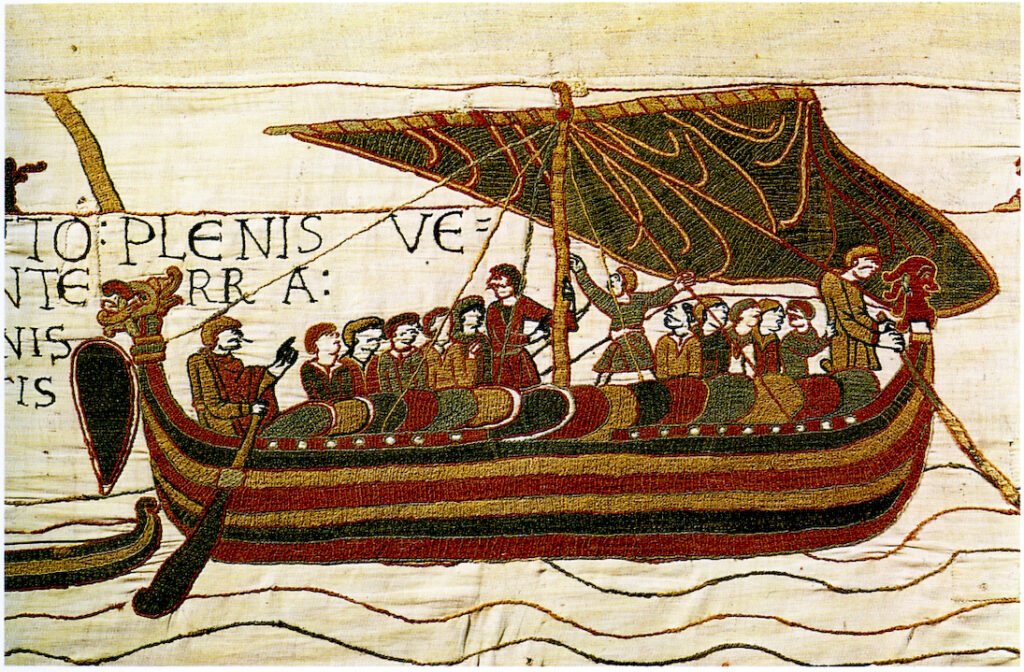An Elite Takeover

From the middle of the 20th century, archaeologists started looking for the traces left by the Anglo-Saxon invasion. But the problem was, they couldn’t find any. Landscape archaeologists, examining how fields and pastures developed in the fifth and sixth centuries, could find no evidence that significant areas had been abandoned for extended periods of time, as one would expect if a native population was driven out by war.
With archaeologists failing to find evidence for the violent ethnic cleansing of the native Britons, a new consensus began to develop. The new consensus could take support from a far better recorded invasion of England: that of the Normans in 1066. In that case, a relatively small invading army effectively removed the entire upper echelon of Anglo-Saxon society, producing massive changes in land ownership and language, all based on roughly 10,000 immigrants.
From this example, and other examples around the world, it seemed clear that warrior bands sailing over the North Sea could produce a social revolution despite relatively small numbers. Linguists suggested that the language replacement was a result of the higher status of Old English, where language was an obvious marker of status. Under this theory, it would take relatively few generations for the old language to die out and Old English to become the accepted language of the land.
0 Comments